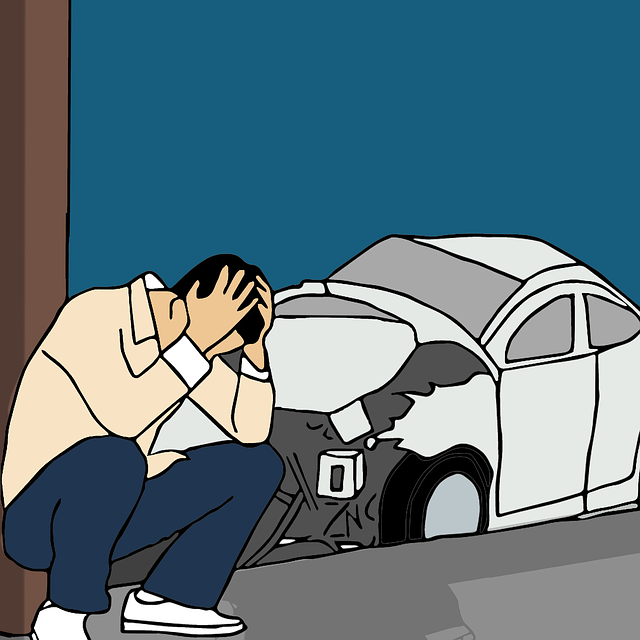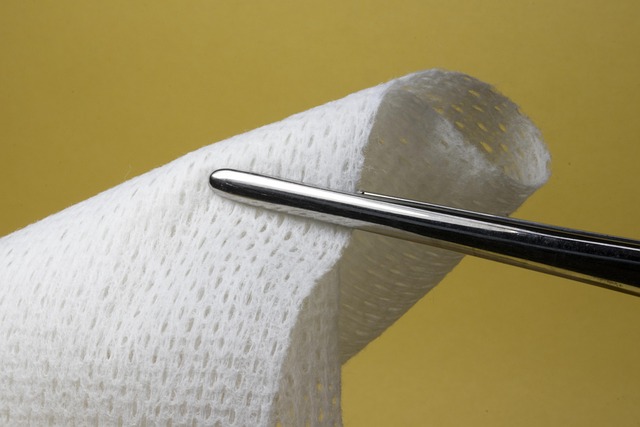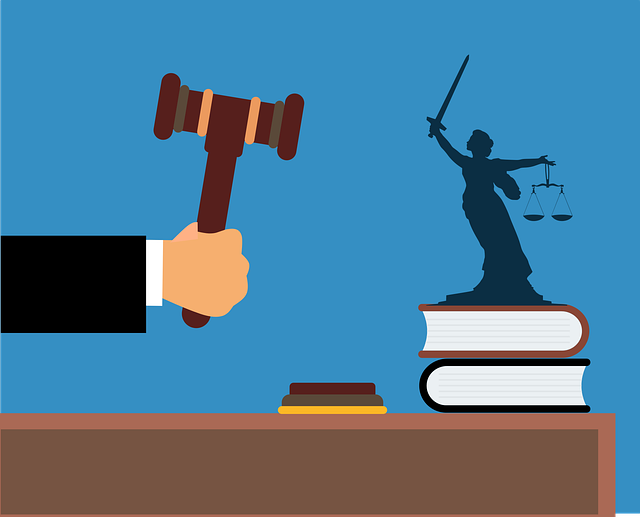Expert witnesses are vital in wrongful death medical malpractice cases, offering specialized knowledge that can sway jury decisions. Highly qualified professionals provide unbiased, evidence-based opinions on medical standards and their deviations, simplifying complex concepts for jurors and establishing causal links between alleged malpractice and patient outcomes. Selection criteria include strong credentials, relevant experience, courtroom experience, and a consistent track record of credible testimony. Their testimonies are crucial for proving negligence and determining liability, but must be effectively conveyed to avoid biased judgments in high-stakes cases.
In the intricate landscape of wrongful death medical malpractice cases, expert witnesses play a pivotal role. Their insights and specialized knowledge are crucial for navigating complex medical scenarios and determining liability. This article delves into the significance of these experts, exploring their function in providing unbiased analysis and evidence. We’ll dissect the qualifications and selection criteria essential for authentic expertise, while also highlighting the impacts and challenges they face in shaping verdicts. Understanding expert witnesses is key to comprehending the complexities of wrongful death litigation.
- Understanding Expert Witnesses: Their Role and Significance in Wrongful Death Medical Malpractice Cases
- Qualifications and Selection Criteria for Experts in Medical Malpractice Litigation
- Impacts and Challenges: How Expert Testimonies Shape Verdicts in Wrongful Death Suits
Understanding Expert Witnesses: Their Role and Significance in Wrongful Death Medical Malpractice Cases

Expert witnesses play a pivotal role in wrongful death medical malpractice cases, offering invaluable insights and knowledge that can significantly sway the outcome. These individuals are typically highly qualified professionals – such as doctors, nurses, or researchers – with specialized expertise relevant to the case. Their primary task is to provide an unbiased, scientific, and evidence-based opinion on whether the defendant’s actions (or inaction) deviated from accepted medical standards, ultimately leading to the patient’s harmful outcome.
In these cases, expert witnesses are crucial for several reasons. They can help clarify complex medical concepts for jurors who may not possess a deep understanding of healthcare practices. By presenting detailed explanations and analysis, they ensure that the jury comprehends the severity of the alleged malpractice and its potential impact, leading to more informed decisions. Furthermore, their testimony adds weight to personal injury claims, especially when dealing with serious injuries or even wrongful death, by providing a professional consensus on the causal link between the defendant’s actions (or lack thereof) and the patient’s tragic end. This is particularly important in navigating high-stakes employment disputes where significant financial repercussions may arise from an adverse verdict.
Qualifications and Selection Criteria for Experts in Medical Malpractice Litigation

In wrongful death medical malpractice cases, selecting an expert witness with impeccable qualifications is paramount. These experts should possess advanced degrees and extensive experience in relevant medical fields, such as pathology, radiology, or anesthesiology, depending on the case’s nature. Their knowledge and skill sets must align with the specific medical procedures or treatments at issue to provide accurate and unbiased assessments.
The selection criteria for these specialists goes beyond academic achievements. Courtroom experience is invaluable, ensuring they can effectively communicate complex medical concepts to juries. Additionally, a track record of consistent, credible testimony builds trust among legal professionals and enhances the case’s credibility. Given that medical malpractice cases often involve intricate details, choosing an expert with a keen eye for detail and a proven ability to navigate such complexities is essential, akin to how a personal injury lawyer would assess truck accident injuries or real estate litigation issues.
Impacts and Challenges: How Expert Testimonies Shape Verdicts in Wrongful Death Suits

In wrongful death medical malpractice cases, expert witness testimonies play a pivotal role, often shaping the outcome and verdicts significantly. These experts, with their specialized knowledge in medicine, healthcare, or related fields, provide crucial insights that can be instrumental in proving negligence and determining liability. Their detailed explanations of medical standards, protocol deviations, and the subsequent impact on the patient’s health or death can guide juries and judges in reaching fair and just decisions.
The impact of expert testimonies is profound, as they offer an unbiased analysis of complex medical matters. However, challenges exist, especially when dealing with nuanced cases. Expert witnesses must convey intricate information in a comprehensible manner while navigating legal nuances and potential cross-examination. Moreover, ensuring the reliability and credibility of these testimonials is essential to prevent mistrials or biased judgments. Accurate and ethical expert evidence is vital, particularly in high-stakes cases like car accident or nursing home neglect lawsuits, where families seek justice and compensation for their losses.
Expert witnesses play an indispensable role in wrongful death medical malpractice cases, providing crucial insights and opinions that can significantly impact verdicts. By meticulously qualifying and selecting these experts based on their specialized knowledge and experience, legal proceedings ensure the presentation of credible and reliable evidence. This, in turn, facilitates a just outcome for victims’ families, holding negligent healthcare providers accountable. Understanding the role and impacts of expert testimonies is essential to navigating the complex landscape of medical malpractice litigation.






